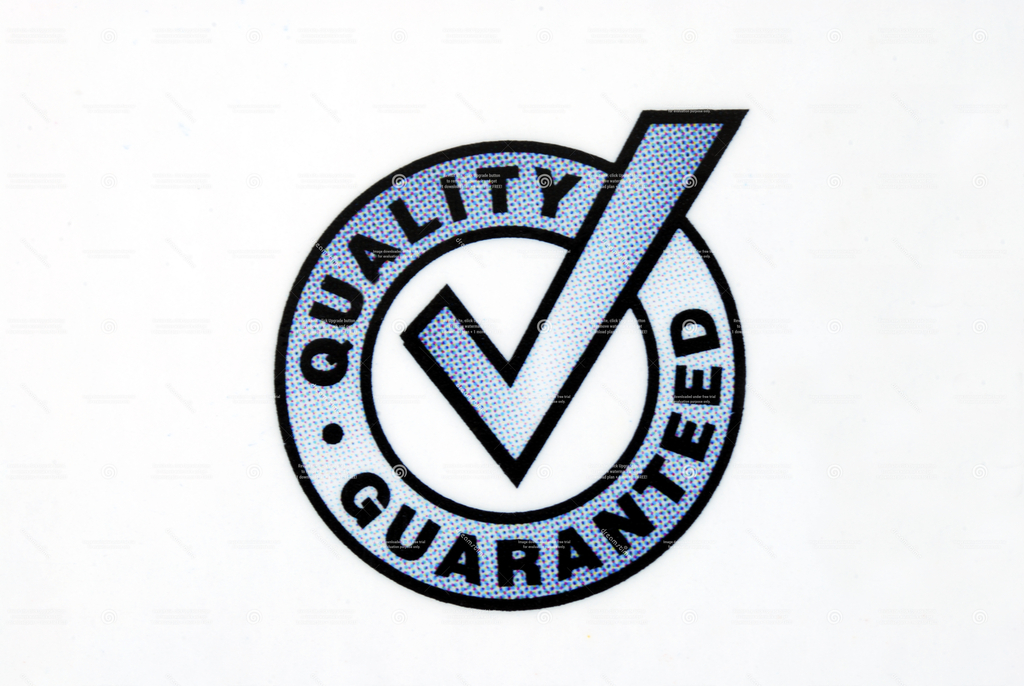News
Tax Talk Newsletter Winter 2020
Time to collect debts
We all have a lot of sympathy for the many businesses destroyed by the Draconian measures taken to stamp out Covid-19 from New Zealand.
We have suddenly moved into a new business environment. There are going to be those walking a tightrope to survival. Others will desperately try to trade with no real hope of their business recovering. Some of them might be your customers.
Normally, if you buy something, you pay for it and take it away. For some businesses, such as builders, this is not always practical.
What can you put in place to get as close as possible to this ideal situation? I’m sure you’ll think immediately of getting deposits, progress payments and so on.
Some businesses have to give credit on the basis they do the job and then send the bill. These are the ones who must focus on collecting their debts as quickly as possible. They should set their terms of payment as short as they can and they must continually follow up the slow payers.
Have you ever thought of following up before payment is due?
The following is a letter received recently:
Hi XYZ,
Hope and trust that you and your family are well and safe.
Just a friendly reminder that invoice I4068 for $2,000 is due tomorrow.
Regards . . .
We suggest you choose carefully to whom you give extended credit. If you offer an arrangement for payment and it’s accepted, look after the person who pays on the agreed basis, but be wary of anyone who abuses your kindness.
Constantly having to chase up to get paid takes your time and you might be better off without that customer, who might in due course turn into a bad debtor anyway.
Offer Guarantees with Confidence
If you are going to give a guarantee, make it worthwhile and real. No vague statements.
A guarantee takes the risk away from the buyer so you carry it yourself. This will help you sell your product or service.
Guarantee with confidence. If you have painted a house, for example, you would expect the paint to be good for more than five years. Would it matter if your guarantee was for one year or three years? There shouldn’t  be any harm in being generous.
be any harm in being generous.
A painting contractor offered “if anything goes wrong with the paint within the next two years, we will come back and fix it without charge”.
In the post-Covid-19 environment, your guarantee might be the difference between getting a contract and missing it.
Tax Changes Worth Noting
There have been several tax changes recently. Some of the important ones are listed here:
- Any asset you buy from 17 March 2020 until 17 March 2021 can be treated as an expense up to a total cost, excluding GST, of $5000. For some small businesses, this could even mean buying a car and treating it as an expense. After 17 March 2021, this threshold for writing off assets as expenses is going to drop to $1000 permanently. You should keep a record of these assets because if you sell them or take them privately their value will be added back as income.
- The owners of commercial buildings will be able to claim depreciation again at 2% DV. No such luck for residential. Air B&B, for this purpose, is deemed to be residential.
- At the moment, once your year-end tax works out to be more than $2500, you have to pay provisional tax. This threshold is to be raised to $5000 for the year ending 31 March 2021 or equivalent balance date.
- If you qualify for research and development tax credits, some law changes might benefit you.
- If you qualify for the right to a six months mortgage repayment holiday, remember the interest will still accumulate.
- The threshold for qualifying for the business finance guarantee scheme is a minimum turnover of $250,000 and a maximum of $500,000. Also, the maximum duration of the guarantee is three years. This is money your bank could lend you knowing the Government would repay up to 80 percent of the debt if you defaulted.
Keep in Touch 
With Customers
We had been warned to prepare for a change of business environment. It’s come on quicker than expected.
Now is the time to focus on keeping in touch with customers or past customers and networking.
Networking? Yes, with a bit of ingenuity you could organise this by means of internet meetings using Zoom and similar. Have an internet drink with your mates!
Do you always get the email address of your customers so you can send them offers?
Cafés and restaurants are going to be badly hurt by the shutdown. If they could be sending email information about new menus planned for could this tempt more people to come in?
Do What You’re Good At

The starting point in any business is to exploit something you’re good at. You need to have an edge over your competitors – something you can do better than most of them.
It’s generally wise to steer clear of any industry you’re not familiar with.
When planning for a business, don’t pluck hopeful figures out of the air. If y ou’re considering your prospective sales – and why wouldn’t you – make sure you’re looking at repeat business and have a reasonable basis to support your forecast income.
ou’re considering your prospective sales – and why wouldn’t you – make sure you’re looking at repeat business and have a reasonable basis to support your forecast income.
The business will not usually come to you, particularly after the initial honeymoon period. You have to go out and chase it.
Learn how this is done, quickly. There’s a lot to learn.
Dr Deming’s famous quotes…...
“The aim of leadership should be to improve the performance of man and machine, to improve quality, to increase output, and simultaneously to bring pride of workmanship to people. Put in a negative way, the aim of leadership is not merely to find and record failures of men, but to remove the causes of failure: to help people to do a better job with less effort. “
“Management by results — like driving a car by looking in rear view mirror. “
“It is easy to date an earthquake, but not an economic decline. “
“No one can guess the future loss of business from a dissatisfied customer. The cost to replace a defective item on the production line is fairly easy to estimate, but the cost of a defective item that goes out to a customer defies measure.”
“To manage one must lead. To lead, one must understand the work that he and his people are
responsible for. “
“The aim proposed here for any organization is for everybody to gain – stockholders, employees, suppliers, customers, community, the environment – over the long term. “
Important: This is not advice. Clients should not act solely on the basis of the material contained in the Tax Talk Newsletter. Items herein are general comments only and do not constitute nor convey advice per se. Changes in legislation may occur quickly. We therefore recommend that our formal advice be sought before acting in any of the areas. The Tax Talk Newsletter is issued as a helpful guide to our clients and for their private information. Therefore it should be regarded as confidential and should not be made available to any person without our prior approval.




